Chris Wilcha has spent decades in the film industry, yet found his career taking unexpected turns. Starting in his twenties as an ambitious documentarian, he made “The Target Shoots First,” a well-received look at his job in music marketing. But making a living as an independent filmmaker was difficult, so commercial work soon followed. Over the years, Wilcha tried starting other documentary projects but rarely finished them.
In “Flipside,” Wilcha revisits this path with reflection and humor. The film centers around a New Jersey record store where he worked as a teen, Flipside Records, that now struggles to stay relevant. Wilcha’s goal was to document the store’s history as it faced an uncertain future. Yet the film becomes much more, exploring Wilcha’s own journey from those early days with high ideals to his current life with a family and career in television commercials.
We learn of unfinished works like a film about legendary jazz photographer Herman Leonard. Interviews with notables like Judd Apatow, Ira Glass, and David Milch offer insights into the tradeoffs of commercial versus personal work. Deeper themes also emerge, like pursuing dreams versus practicality, holding onto the past, and finding purpose amid life’s detours. Through it all, Wilcha remains philosophical about the choices we make and directions life unexpectedly takes us.
Wilcha’s Journey Takes an Unexpected Turn
After graduating college, Chris Wilcha aimed to make his name as a documentarian. Armed with ambition and his ever-present video camera, he landed a job in music marketing in hopes it might provide material for insightful films. Wilcha captured his experience in “The Target Shoots First,” a humorous telling of the philosophical struggle between integrity and corporate demands.
Upon its 2000 release, “Target” was critically acclaimed on the festival circuit, winning Wilcha attention and accolades. He believed this independent success would open new opportunities, allowing him to explore enticing film ideas full-time. However, life had other plans in store in store.
Supporting himself proved difficult without steady work. Wilcha continually started promising projects but could not sustain them while needing to pay bills. He took on commercial directing, a choice providing stability but also frustration as it distracted from his non-fiction dreams.
Despite earning industry respect with “Target,” larger avenues remained elusive in the independent world. Wilcha’s documentaries never materialized as hoped. He married and had a family, further changing his priorities. Financial security now mattered alongside creativity.
Looking back, Wilcha sees how expectations differed from reality. The career beginning he imagined took an unexpected direction into commercial work—not necessarily through choice but circumstance. While this realization brings some regret, it also shaped rewards like the family he now cherishes above all. Wilcha’s journey shows how living isn’t a straight path, and life’s surprising twists can lead to unexpected fulfillment.
The Ambition and Artistry of Unfinished Work
Chris Wilcha’s career path took some unexpected twists and turns after his early success with “The Target Shoots First.” Scoring a role adapting “This American Life” for television seemed to open new opportunities. Still, making independent films without major backing proved challenging. Several documentaries launched with promise but remained incomplete as stable income took priority.
Over the years, unfinished projects like an intended portrait of jazz photographer Herman Leonard accumulated on Wilcha’s hard drives. Practical concerns like supporting his growing family meant directing commercials, work some see as sellout but which he came to appreciate. Who among us hasn’t juggled creativity with responsibilities at some point?
While commercial work paid bills, it also consumed time that may have seen other documentaries complete. One followed behind the scenes of Judd Apatow’s “Funny People” but lived on mainly as a DVD extra. Another began as a love letter to a cherished record store from his youth but stalled, much like the shop itself struggled to stay current.
Both start and stop reflect the messiness of reality versus ambitious plans. Life delights in surprises too, so who can say these ostensible failures diminished Wilcha’s artistry overall? Unfinished films still revealed artists’ sights and sparked new ideas, while commercial success allowed stabilizing a family—rewards larger than any single project.
Perhaps this journey of interrupted yet interwoven endeavors ultimately created Wilcha’s most vivid film. By exploring career shifts and shelved visions, he transforms uncertainty into an insightful tribute to creativity’s winding path.
The Tunes That Bind
For Chris Wilcha, the memories came flooding back as soon as he walked through the doors of Flipside Records. This unassuming shop nestled in suburbia had played such a formative role in his teenage years. Long before streaming and one-click ordering, it was where he’d immersed himself in the world of music, browsing rows of bold album covers for hours on end and finding tracks that became the soundtrack to his life.
Back then, in the 80s, Flipside was a buzzing hive of activity. Crowds packed the place on weekends, flipping through new releases, picking up imports, and chatting recommendations with the staff. Everything felt more like a community gathering than a standard shopping trip. It was where Wilcha had landed his first job too, further deepening his love for the store and culture surrounding it.
But the years hadn’t been kind. With the rise of digital, physical media falling out of vogue, and big chains swallowing the independents, Flipside now seemed lost in time. The crowds were long gone, and aside from a smattering of dedicated listeners, it saw few customers. Where once a turnover thrived, now boxes piled up untouched and a fine layer of dust coated the shelves.
Its owner, Dan Dondiego, refused to modernize, clinging stubbornly to the shop’s original spirit. But this was dooming the place. Even a bookstore across the street found new life selling used vinyl after pivoting with the trends, highlighting Flipside’s isolation. Entering as a man now rather than a boy, Wilcha was struck by the stark contrast to sunnier days past. He knew he had to do something to help keep this slice of history alive.
And so, with a renewed determination to finish what he’d started years ago, Wilcha picked up his camera once more. Here was a story just waiting to be shared, one that could shed light on cultural shifts while honoring formative roots. A documentary, weaving his own experiences with those still loyal to the store, might recapture some magic and ensure Flipside’s tunes could keep binding the community for years to come.
Finding Your Own Flipside
Juggling dreams with reality is a challenge many can relate to. In Chris Wilcha’s documentary Flipside, we see how he and others have navigated this balance throughout their diverse careers and lives.
Wilcha started with big ambitions as a young filmmaker, determined not to “sell out.” Yet practical concerns like paying the bills pulled him toward more commercial work. Over time, his priorities shifted too, as family became just as important as his art. We witness his journey of coming to terms with these compromises.
Other subjects provide thoughtful perspectives on similar themes. Uncle Floyd was once a cult TV star, but his surreal style defied wider success. Yet years later, he found an unexpected legacy through a David Bowie song reference. His story underscores how popularity is fleeting, but impact can last.
Former writer David Milch also knew fame before facing challenges of Alzheimer’s. Despite this, he remained generous with his time. His segments are a poignant reminder of our ephemeral time and urgency to make the most of what abilities we have.
Through these profiles, we explore how even regret can morph into gratitude. Wilcha discovers an appreciation for what did come about, like his wife and children. And he realizes any project, no matter how unfinished, still allowed him precious connections.
Flipside suggests there may be no single perfect path, but many ways to find meaning. Ultimately, it’s about embracing life’s surprises, embracing both sides of every record we’re each given to spin.
Expansive Meditations
Through “Flipside,” Chris Wilcha shares thought-provoking reflections on life’s unpredictable path. As the filmmaker revisits people and places from his past, he meditates on dreams deferred and ambitions adjusted over time.
Wilcha doesn’t hide the frustrations of artistic goals left unmet or documentaries unfinished. Commercial work helped pay bills but lacked the soulfulness he craved. Yet reconnecting with subjects, like Uncle Floyd, reveals unexpected impacts, like the renown from a Bowie reference. Wilcha’s perspective subtly shifts, gaining empathy for circumstances beyond anyone’s control.
We see this most plainly in his consideration of family. Once a stubborn idealist, Wilcha now realizes relationships formed the true treasures of’selling out.’ Meeting his kids and watching them thrive fills him with gratitude that outweighs any regrets.
Even nostalgic mementos from childhood, like records and hotel soaps, trigger poignant ponderings on memory and meaning. While holding onto the past-carried burdens, Wilcha’s reflections convey hard-won wisdom: our capacity to find purpose changes along with our priorities.
By revisiting aborted documentaries and unfinished productions, Wilcha engages in artistic reckoning. But his narration remains curious, thoughtful, and forgiving—of himself along with others. Ultimately, “Flipside” presents life’s incongruities and improvisations not as failures but as reminders to appreciate each surprising twist of fate.
Finding Meaning in the Detours
Chris Wilcha set out to make a documentary honoring Flipside Records, the record store that held memories of his youth. What began as a nostalgic tribute became a much deeper reflection on life’s unpredictable journey.
Through interviews and archival footage spanning decades, Wilcha contemplated dreams deferred and ambitions adjusted over time. We saw how a desire to avoid selling out led to unexpected career choices and how unforeseen circumstances shaped the opportunities available. Wilcha’s early success gave way to unfinished projects and commercial work, yet through it all he found purpose in his family.
Some of Wilcha’s subjects, like photographer Herman Leonard and TV pioneer Uncle Floyd, faced changed fortunes of their own. But they also left impacts far beyond what could have been imagined. Whereas control over our destiny may be an illusion, meaning often emerges from life’s many detours.
In revisiting pieces of abandoned documentaries and uncovering surprises from the past, Wilcha turned what started as a store’s tribute into his own story of life’s winding paths. Though nostalgia for Flipside Records lingers, “Flipside” stands as more—a reminder to appreciate each unexpected twist and find gratitude in what unexpected roads may bring. In the end, the real voyage was Wilcha’s rediscovery that fulfillment exists not just where we set sail but where we drop anchor along the way.
The Review
Flipside
Chris Wilcha's "Flipside" is a poignant reflection on life's unpredictability, told through one man's meanderings down memory lane. Both deeply personal and universal in scope, it's an insightful look at unplanned pivots, abandoned dreams, and finding meaning where we least expect. Above all, "Flipside" leaves us appreciating the imperfect beauty of experiences not fully within our control.
PROS
- Thought-provoking exploration of life's unexpected turns and how we find purpose
- Intimate glimpse into Wilcha's creative process and personal journey
- Evocative interviews and archival footage that feel both nostalgic and introspective
- Subtle themes conveyed through a sensory collage of images, objects, and anecdotes
- leaves viewers contemplating their own paths in a relatable way.
CONS
- Shaggy and unfocused structure may frustrate some seeking a tighter narrative.
- Some vignettes could have been expanded for added context.
- Nostalgia for childhood locations feels most resonant for certain age groups.
- Minimal musical commentary for a film about a record store









































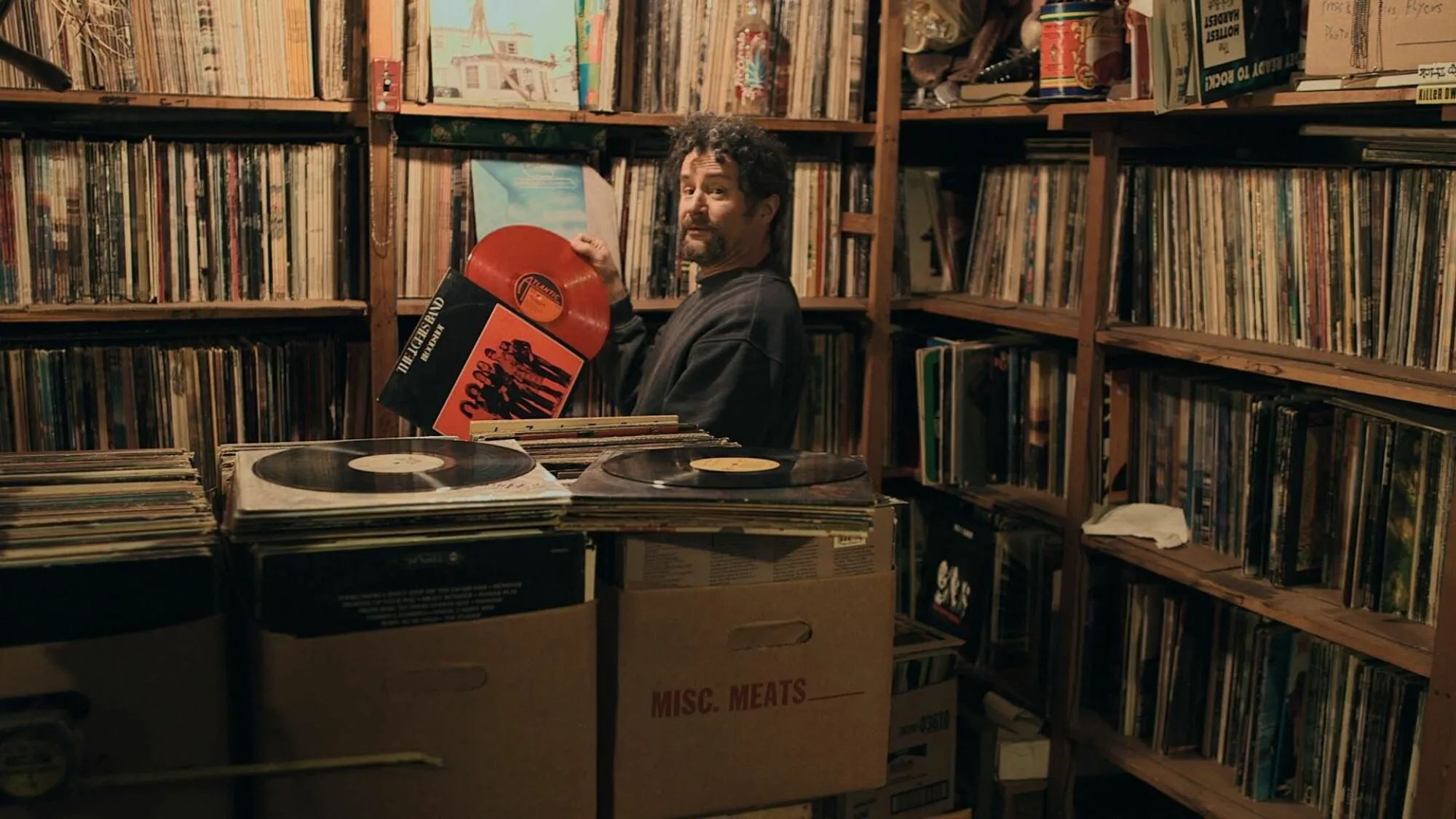
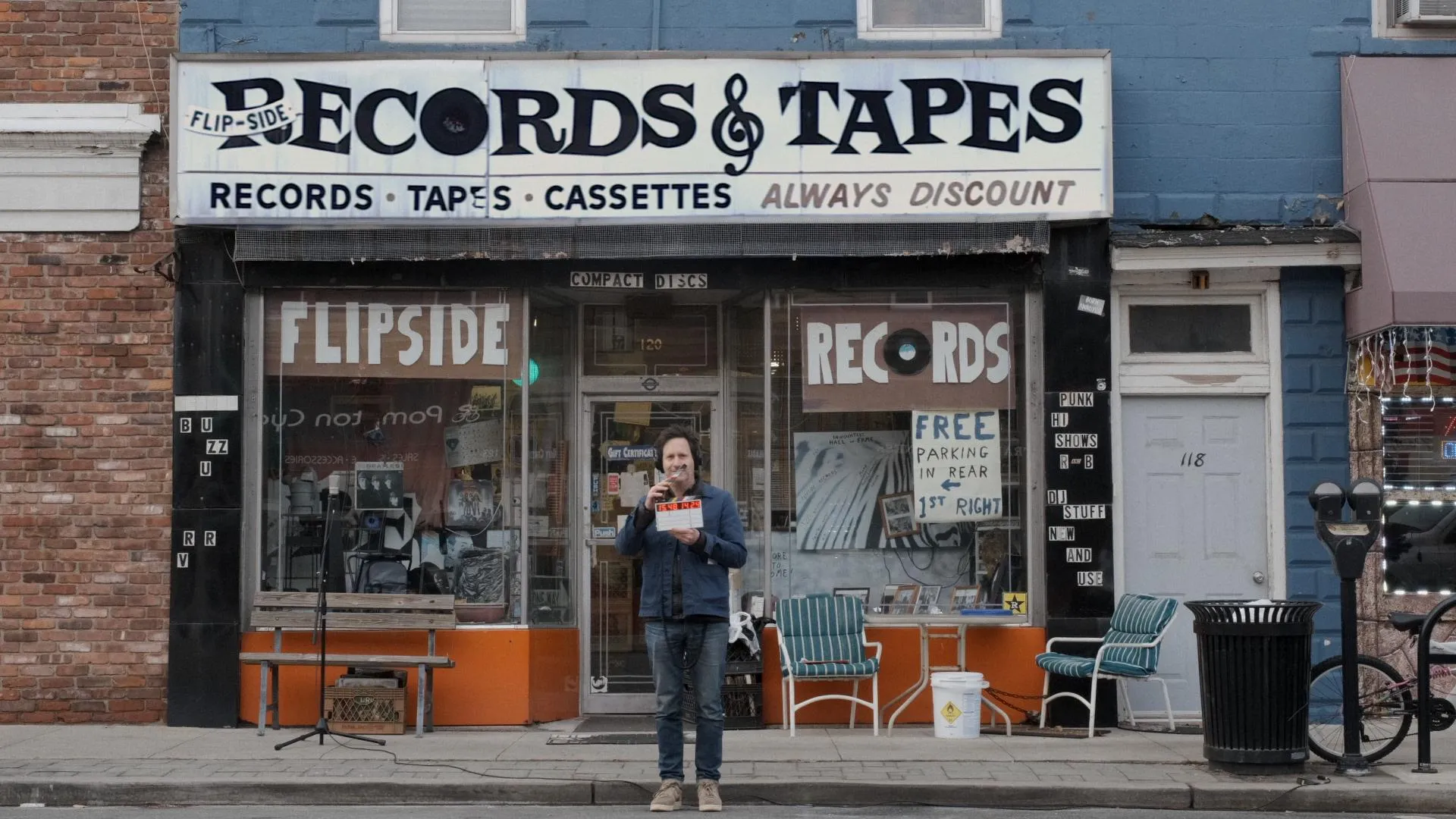
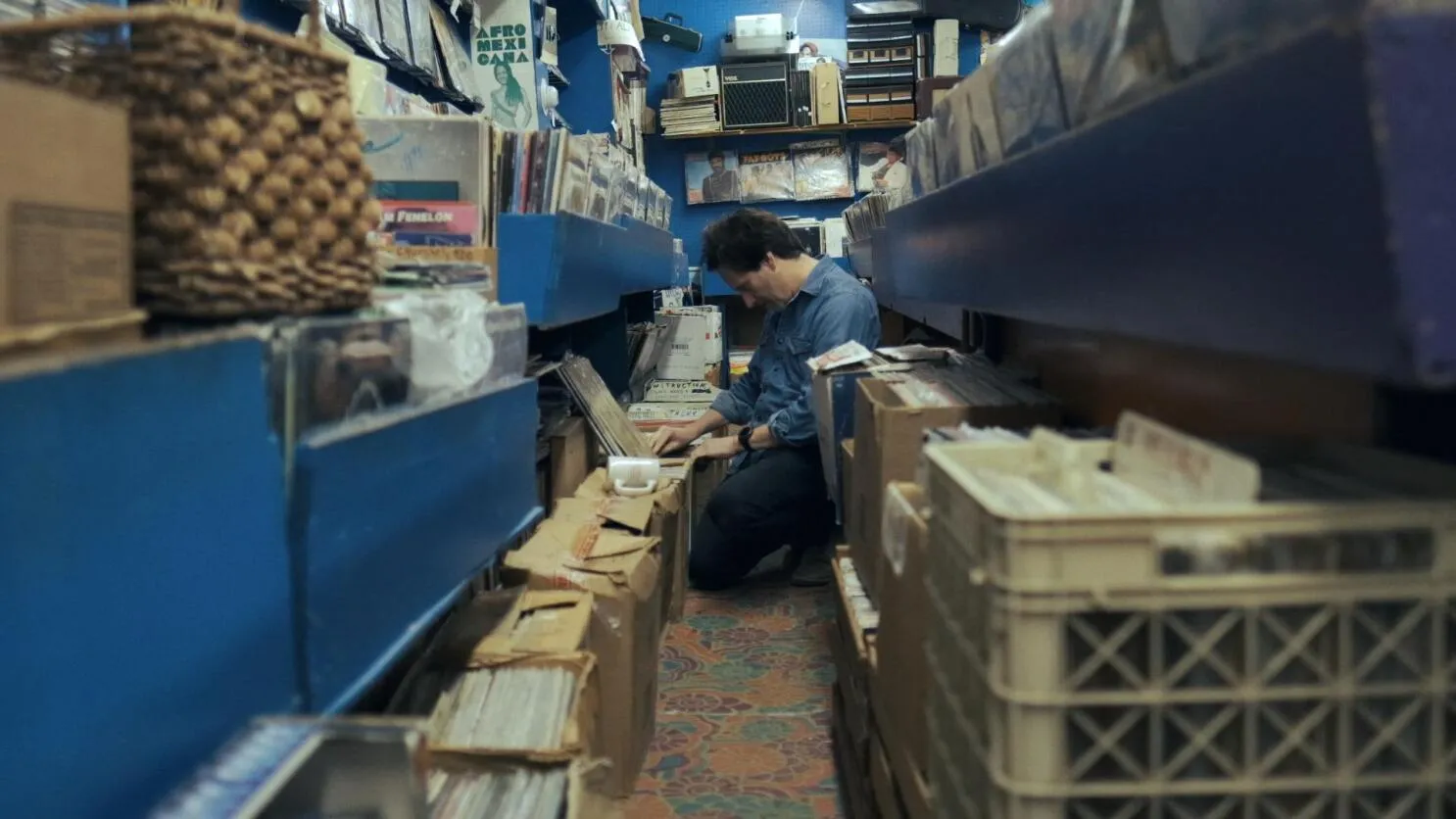
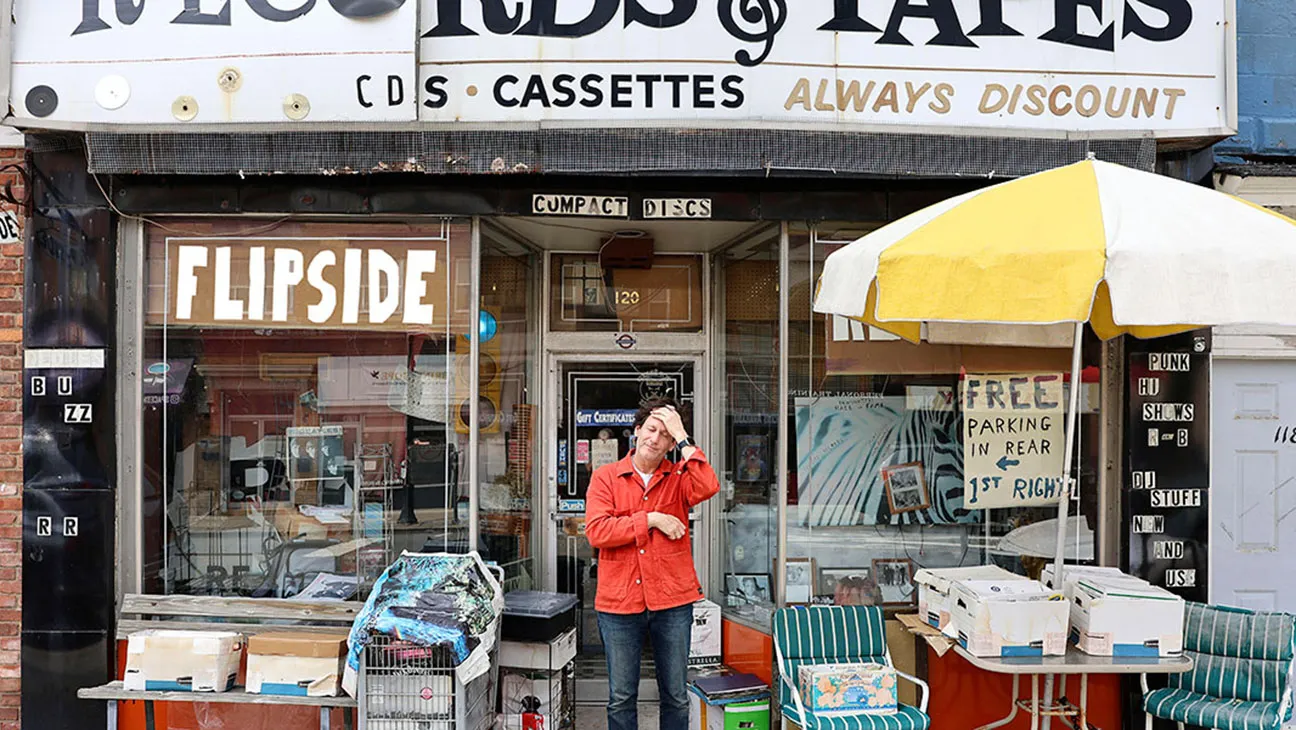
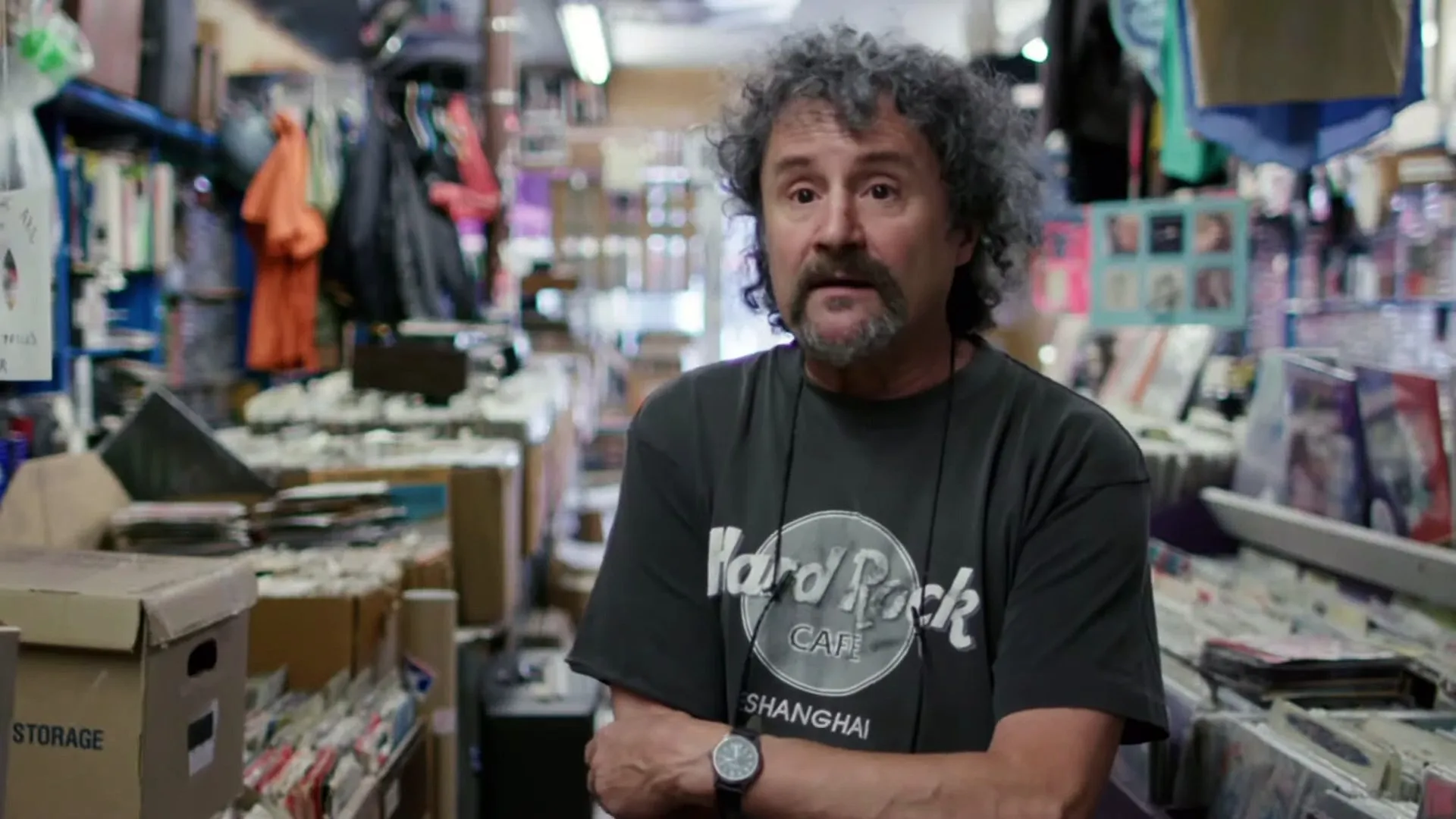



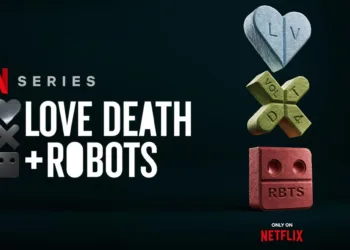


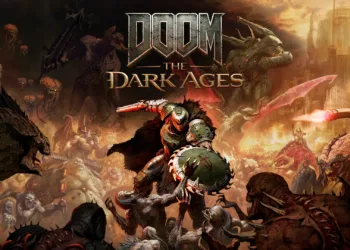

Discussion about this post